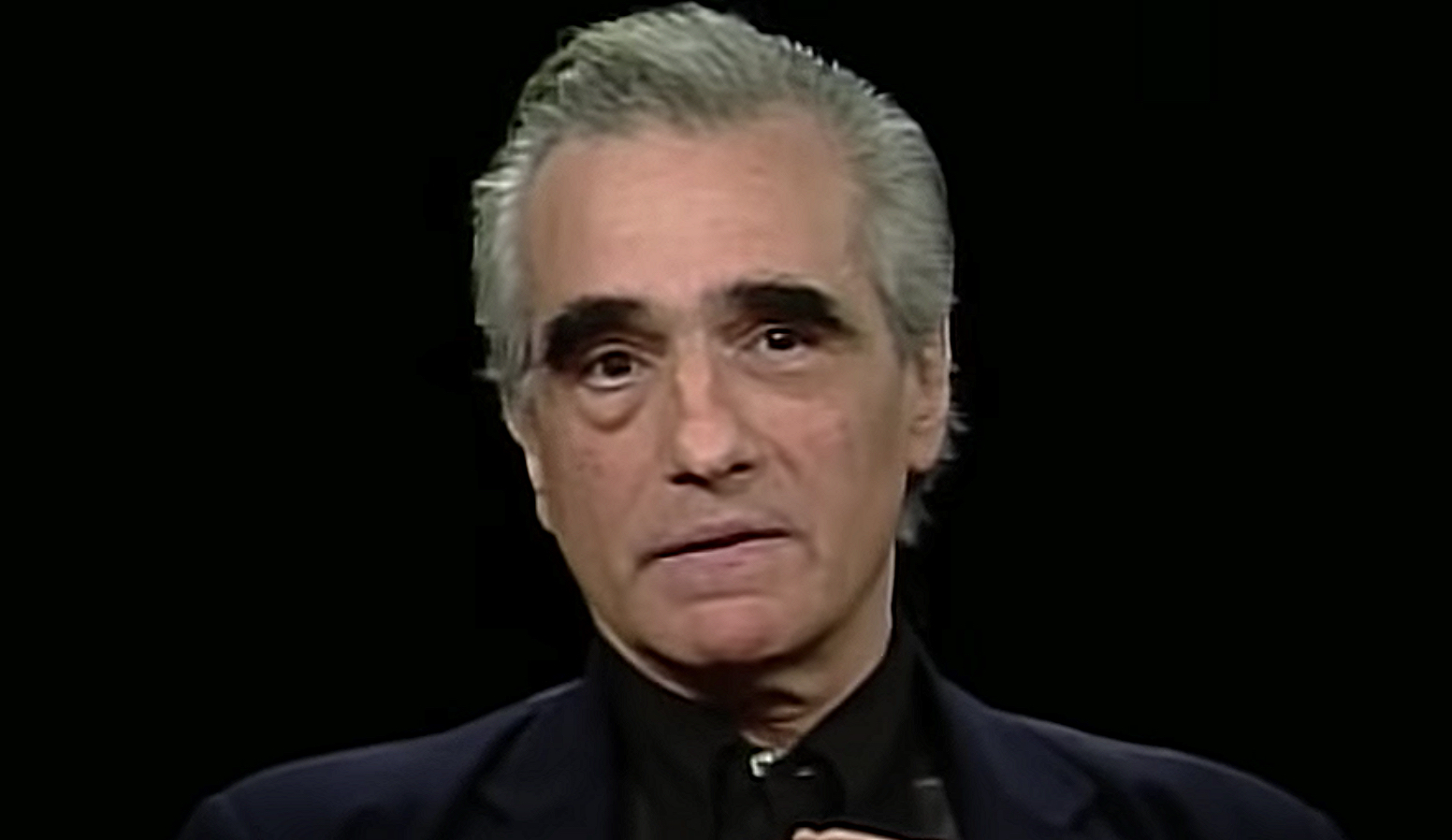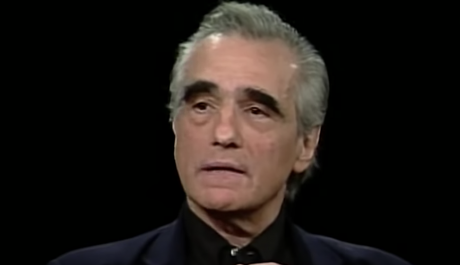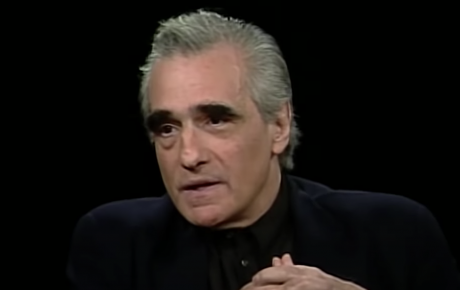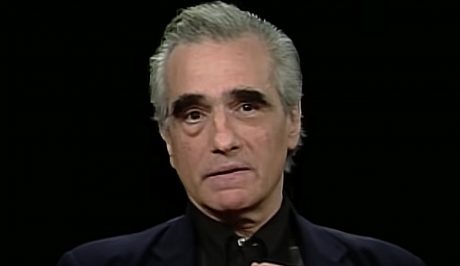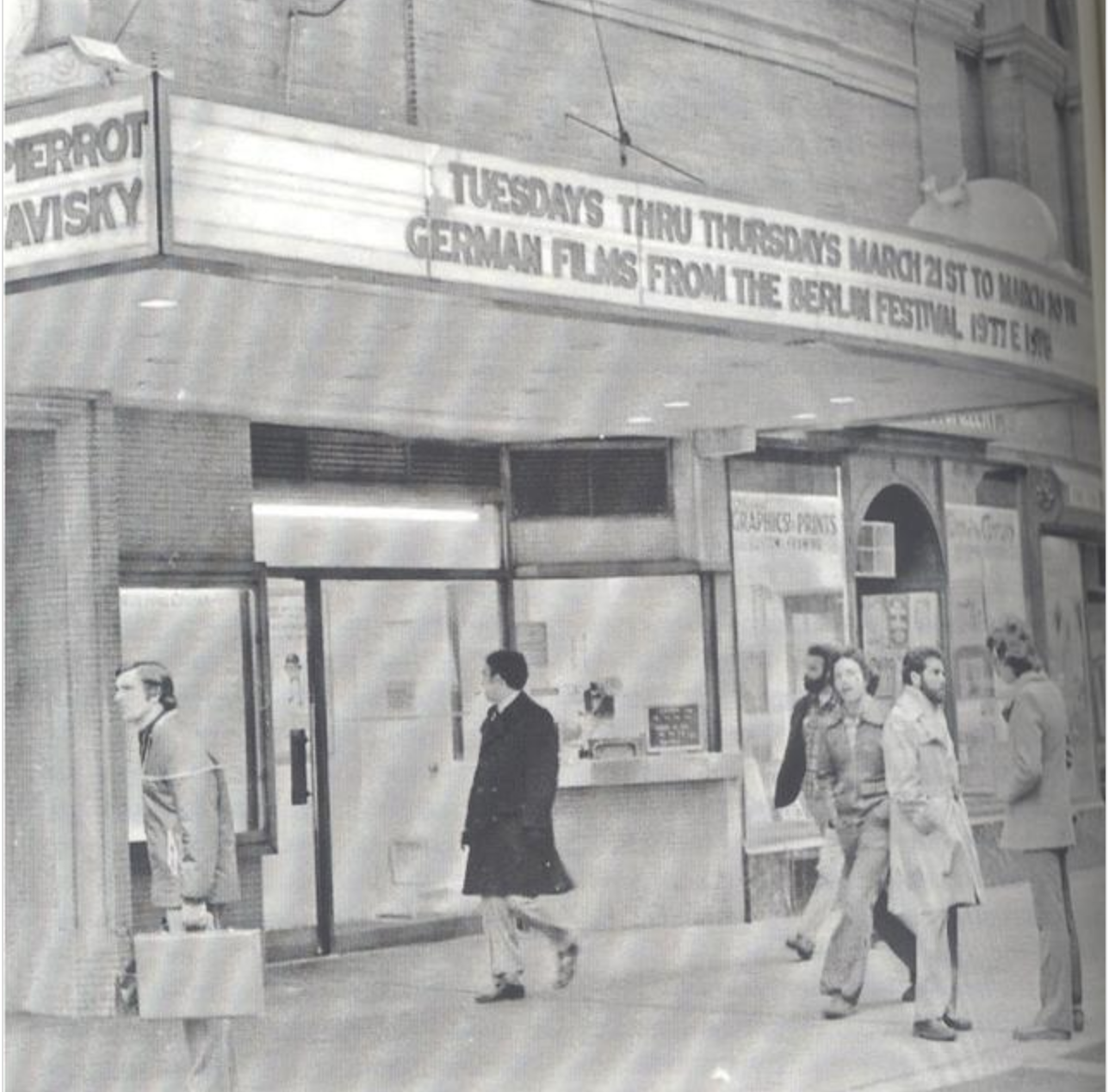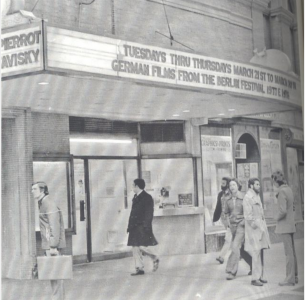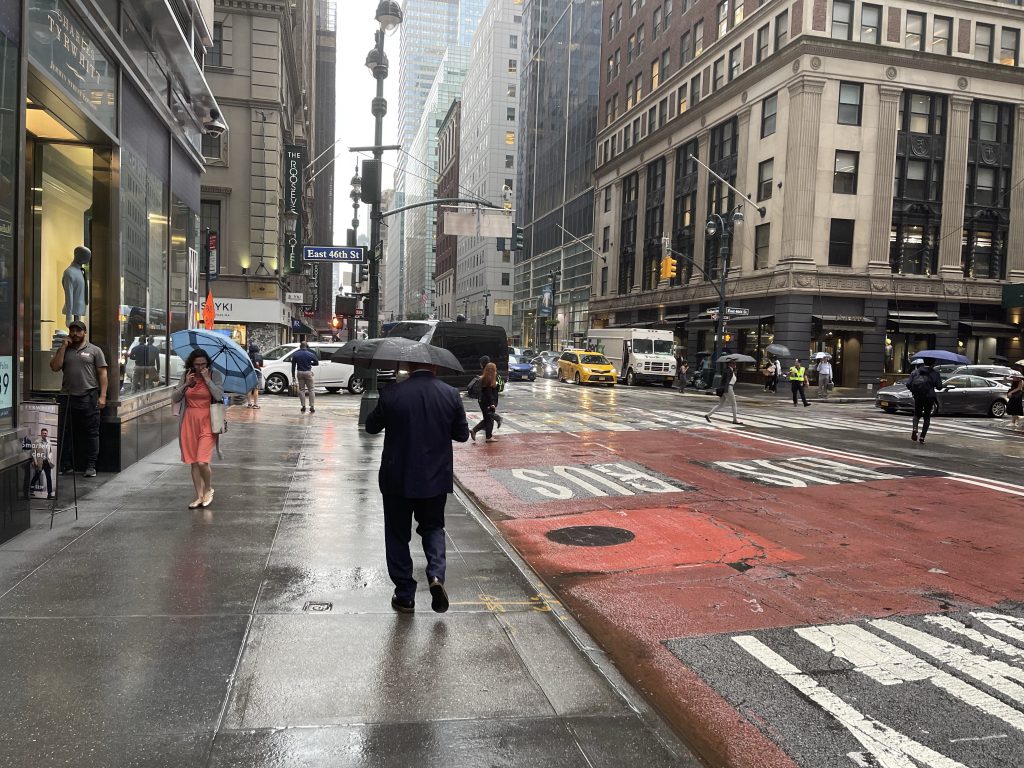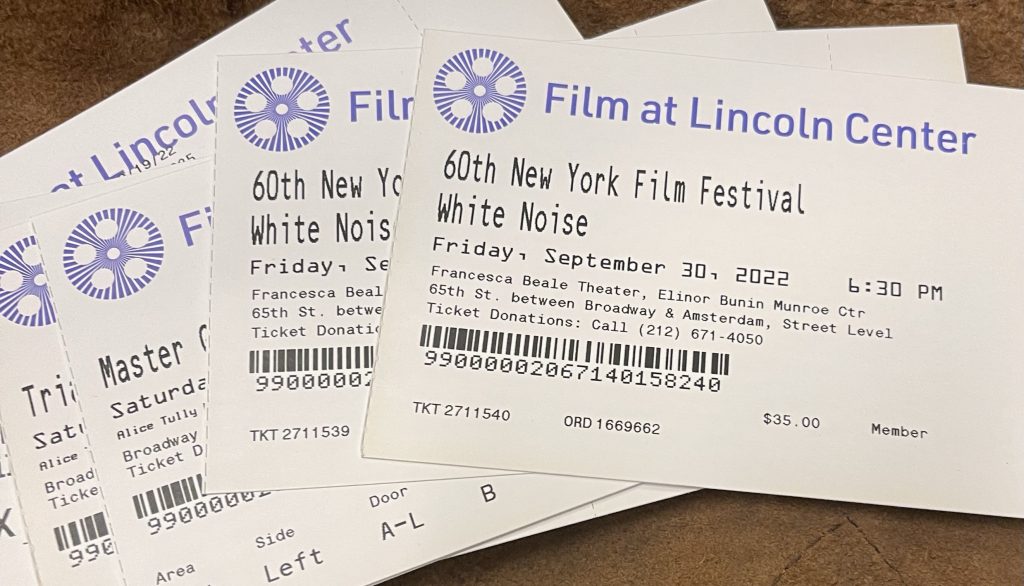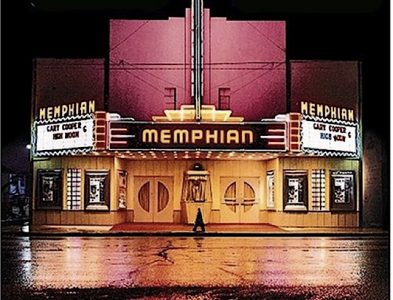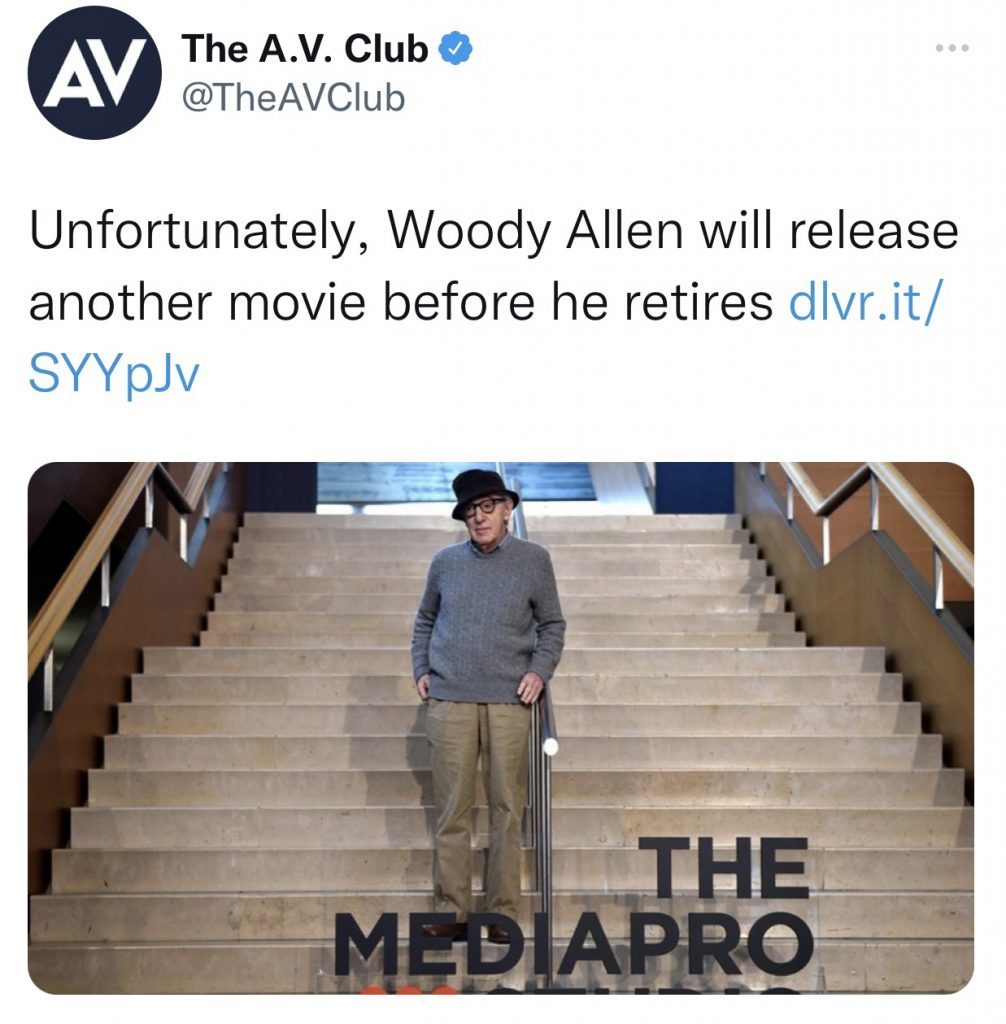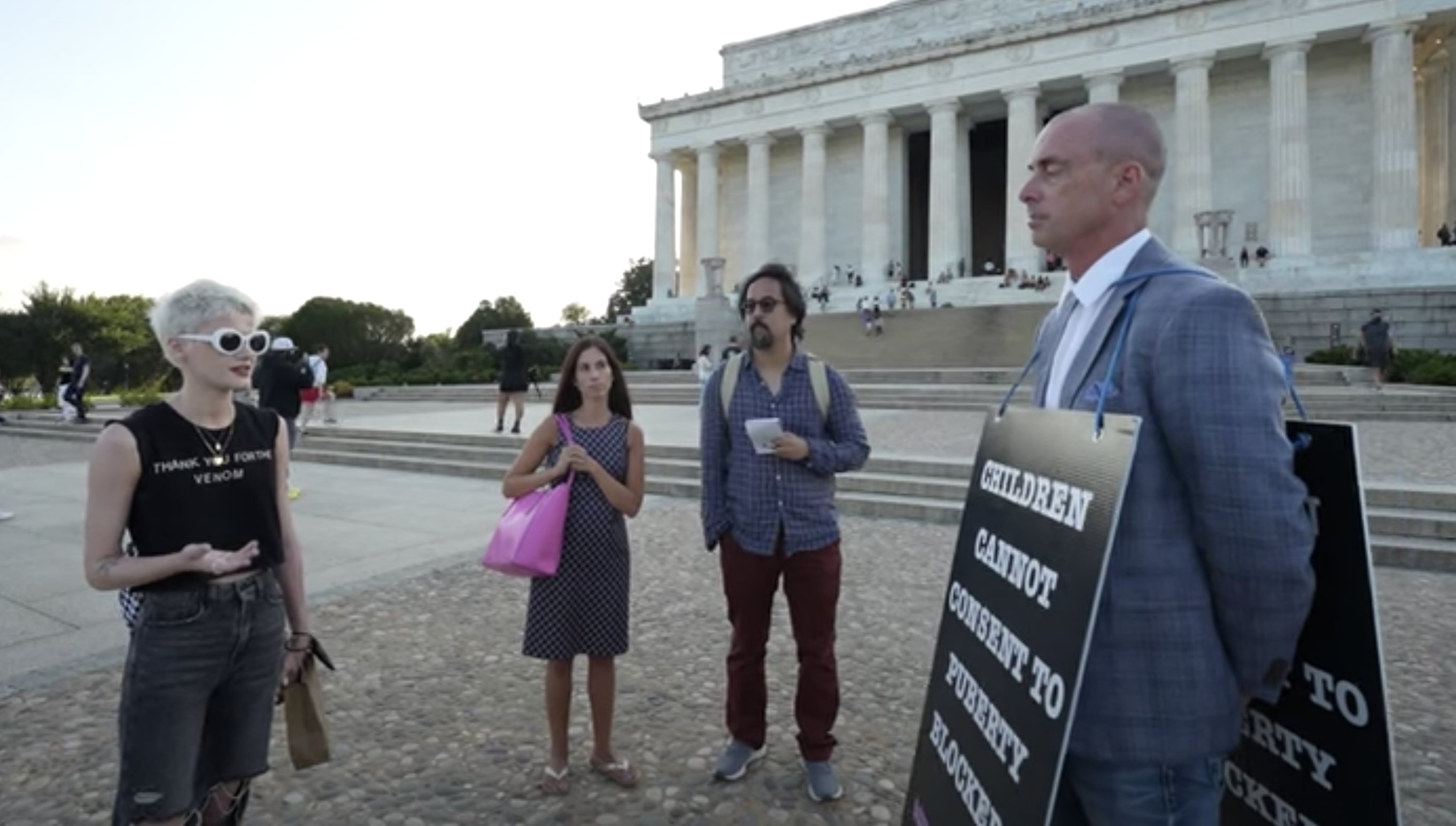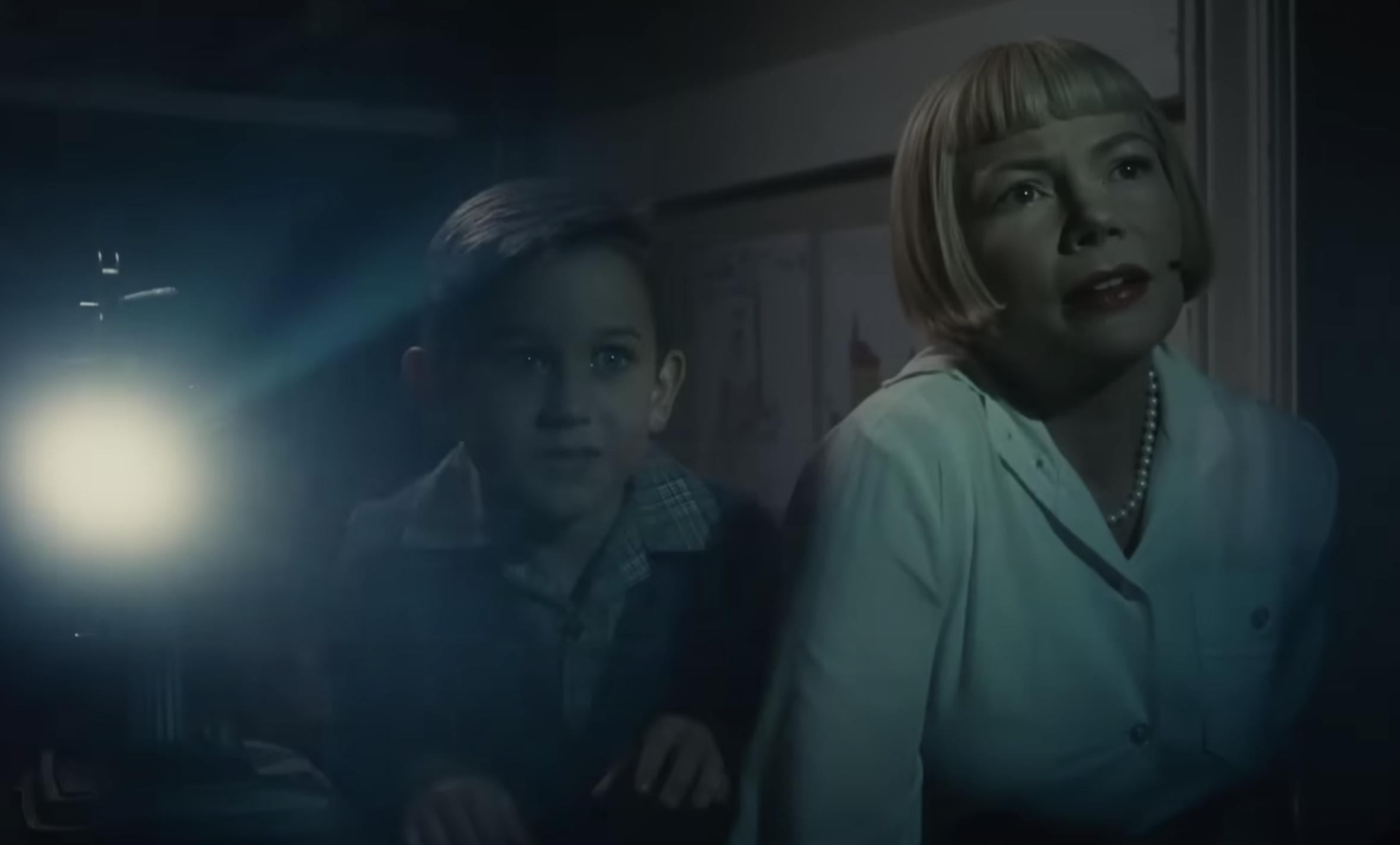“Jerry! Sandra showed me some your fiction and your awards, and I have to say ‘powerful stuff.’ Almost too powerful. I’m wondering if your mind can function down on our level. I grew up in Pacific Grove, and I started reading…what’s his name?…I started reading Steinbeck when I was nine. [Tossing a script on the table.] Here’s a piece of shit, Jerry. I wrote and re-wrote it, but it ain’t workin’. If you can make it work, you’re on…okay?”
Some of us remember Permanent Midnight (Artisan, 9.16.98), a mild-mannered addiction dramedy in which Ben Stiller played author and screenwriter Jerry Stahl.
I thought this pitch-meeting scene with Fred Willard as the creator of Mr. Chompers was quietly hilarious in a deadpan way, mainly because I didn’t sense an effort on anyone’s part (least of all director-writer David Veloz) to make it feel funny. It just was.
Permanent Midnight opened a quarter century ago, and I’m suddenly thinking I’d like to give it another spin.
I was at People at the time, and in an early draft I happened to pass along that Stiller, who needed to look like an emaciated addict, had lost weight by adhering to Dick Gregory’s Bahamian Diet powder, which Stahl had ironically referred to as the “junkie diet.”
Instantly alarmed by the term, Stiller’s team (including producer Don Murphy and publicist Kelley Bush) ganged up on me during a conference call. I was merely amused by Stahl’s term and thought it was okay to mention considering that Stiller was playing a brilliant opiate addict, etc. The term was deleted, of course.
Has this Permanent Midnight recollection stirred any poignant memories?

